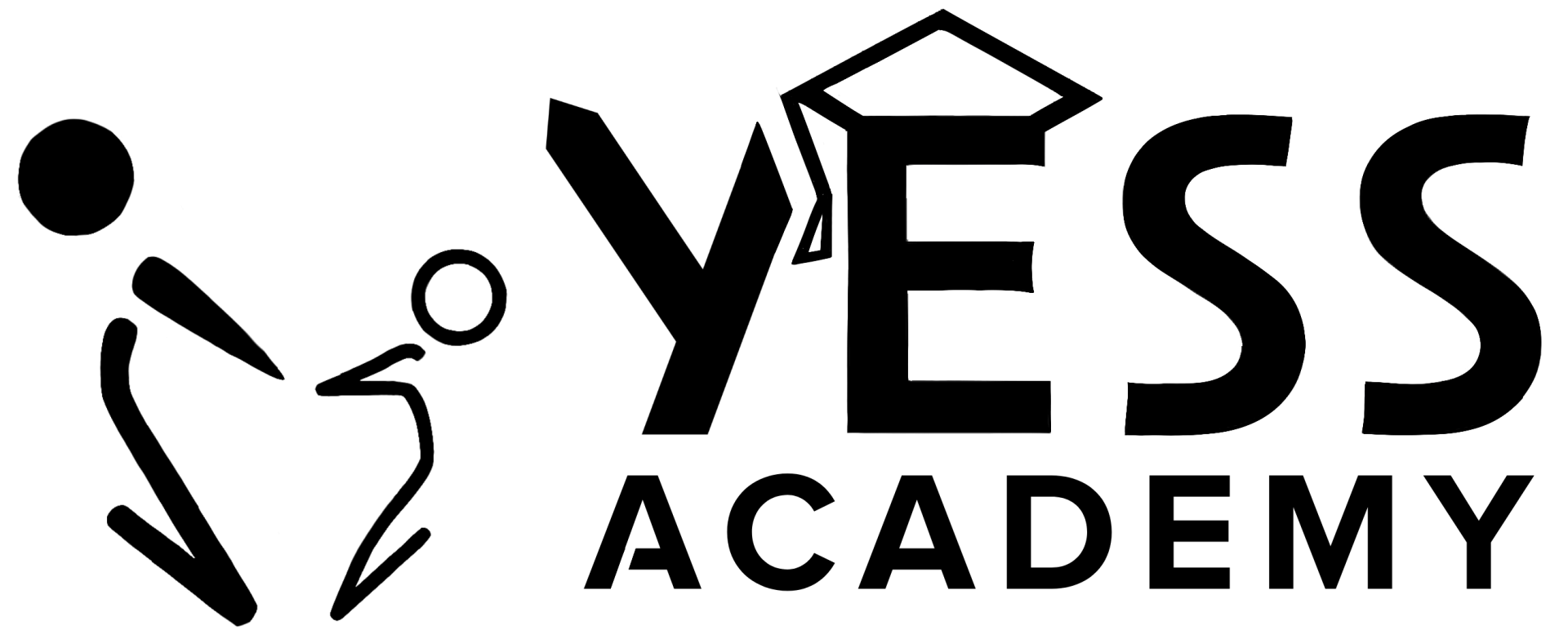Recognizing signs of self-medication in your child is crucial for addressing potential underlying issues and providing the necessary support. This blog post offers parents insights into five key indicators that their child may be engaging in self-medicating behaviors and provides guidance on how to approach the situation.
One of the most significant indicators of self-medication is sudden and noticeable changes in behavior. This could include shifts in mood, increased irritability, withdrawal from family and friends, or alterations in sleep patterns. Paying attention to these behavioral changes can provide valuable clues about your child's emotional well-being.
A decline in academic performance may be linked to self-medication. If your child was previously doing well in school but is now struggling with grades, missing assignments, or showing a lack of interest in academic activities, it could be a sign that they are using substances as a way to cope with stress or emotional challenges.

Observing shifts in your child's social circles can be indicative of self-medication. If they start associating with a new group of friends who engage in risky behaviors or substance use, it may be a red flag. Peer influence plays a significant role in self-medicating behaviors, making changes in social dynamics an essential aspect to monitor.
Physical signs such as bloodshot eyes, unexplained weight loss or gain, changes in personal hygiene, and a persistent cough may suggest substance use. While these signs may not be exclusive to self-medication, they warrant attention and further investigation, especially when accompanied by other behavioral changes.



